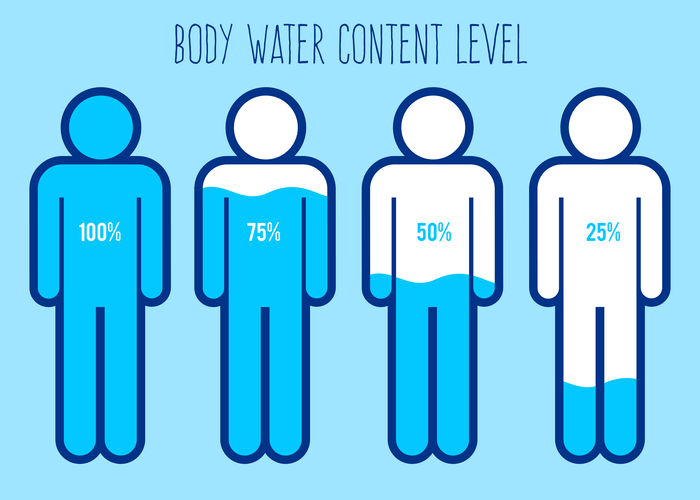Your prognosis will be impacted by the severity of your alcohol use and whether or not you have liver disease. Prolonged used of alcohol can result in cirrhosis, or permanent scarring of the liver. Cirrhosis of the liver can cause exhaustion, leg swelling, and nausea. For further https://ecosoberhouse.com/ details on the treatment approaches for Alcoholic Ketoacidosis, authoritative sources such as NCBI Bookshelf and Medscape can be consulted. The majority of papers detected by this search focus primarily on diabetes mellitus and its complications, and were excluded.

Infection or other illnesses such as pancreatitis can also trigger alcoholic ketoacidosis in people with alcohol use disorder. Toxicity from methanol or ethylene glycol is an important differential diagnosis. Toxic metabolites of both substances result in severe metabolic acidosis with wide anion gap and wide osmolal gap.18 Neither, however, causes ketosis.
Clinical Assessment and Diagnosis of Alcoholic Ketoacidosis
Alcoholic ketoacidosis is a recognised acute complication in alcohol dependent patients. Given the frequency with which the condition is seen in other countries, the possibility exists that many cases may be unrecognised and misdiagnosed in UK EDs. AKA should be included in the differential diagnosis of alcohol dependent patients presenting with acute illness. Management is based around exclusion of serious pathology and specific treatment for AKA where it is present. A possible link between AKA and sudden death in chronic alcoholism has been proposed but remains unconfirmed.
This literature review discusses the history, characterisation, pathophysiology, diagnosis, and management of AKA. During starvation, there is a decrease in insulin secretion and an increase in the production of counter-regulatory hormones such as glucagon, catecholamines, cortisol, and growth hormone. Hormone-sensitive lipase is normally inhibited by insulin, and, when insulin levels fall, lipolysis is up-regulated, causing release of free alcoholic ketoacidosis smell fatty acids from peripheral adipose tissue. Alcoholic ketoacidosis (AKA) is an acute metabolic acidosis seen in persons with a recent history of binge drinking and little or no nutritional intake. Alcoholic ketoacidosis is attributed to the combined effects of alcohol Alcohol Toxicity and Withdrawal Alcohol (ethanol) is a central nervous system depressant. Large amounts consumed rapidly can cause respiratory depression, coma, and death.
What to Know About Alcoholic Ketoacidosis
Exclude other causes of autonomic hyperactivity and altered mental status. If the diagnosis of alcohol withdrawal syndrome is established, consider the judicious use of benzodiazepines, which should be titrated to clinical response. You can prevent alcoholic ketoacidosis by limiting your alcohol intake. You can learn how to reduce your alcohol intake or eliminate it altogether.
